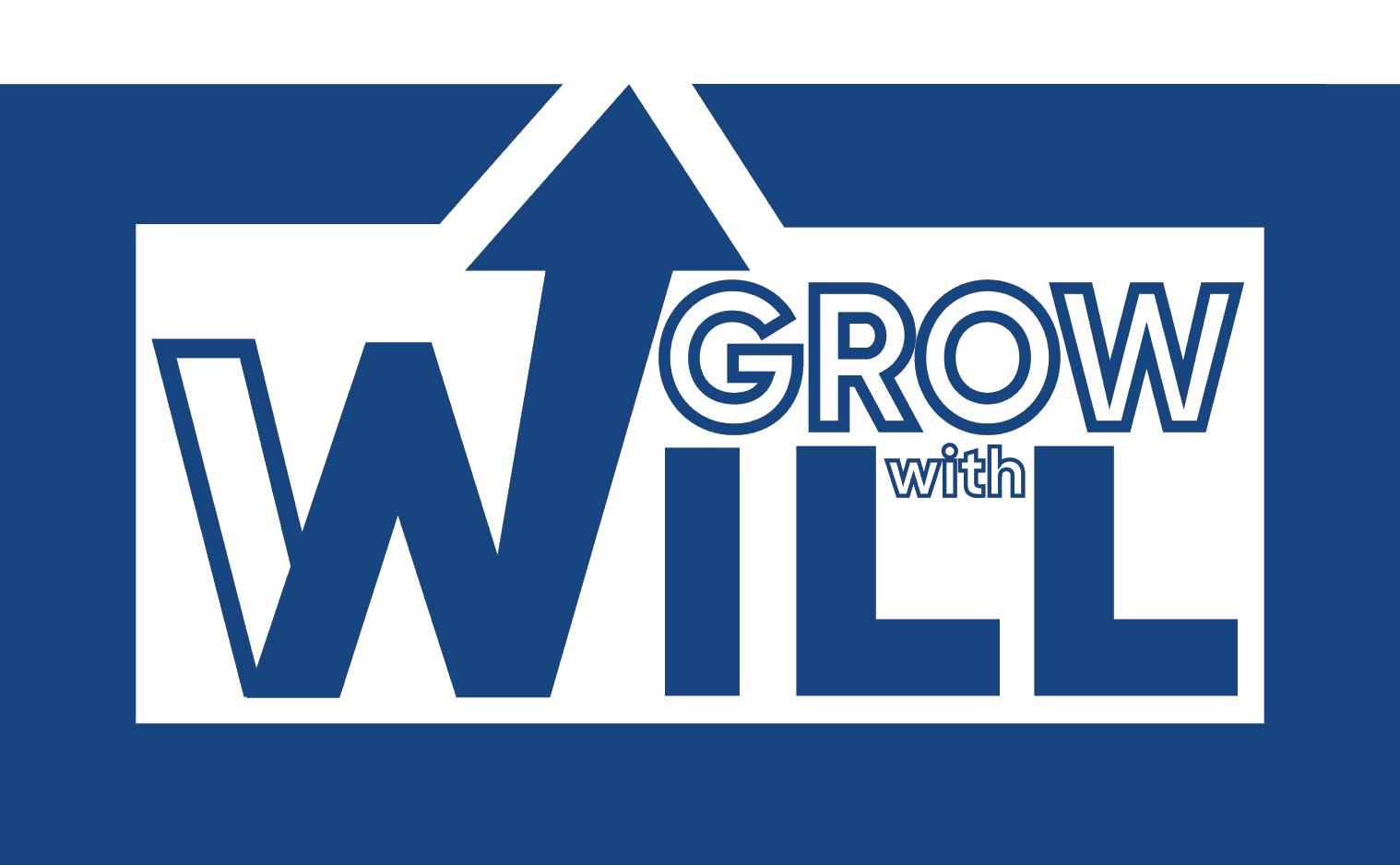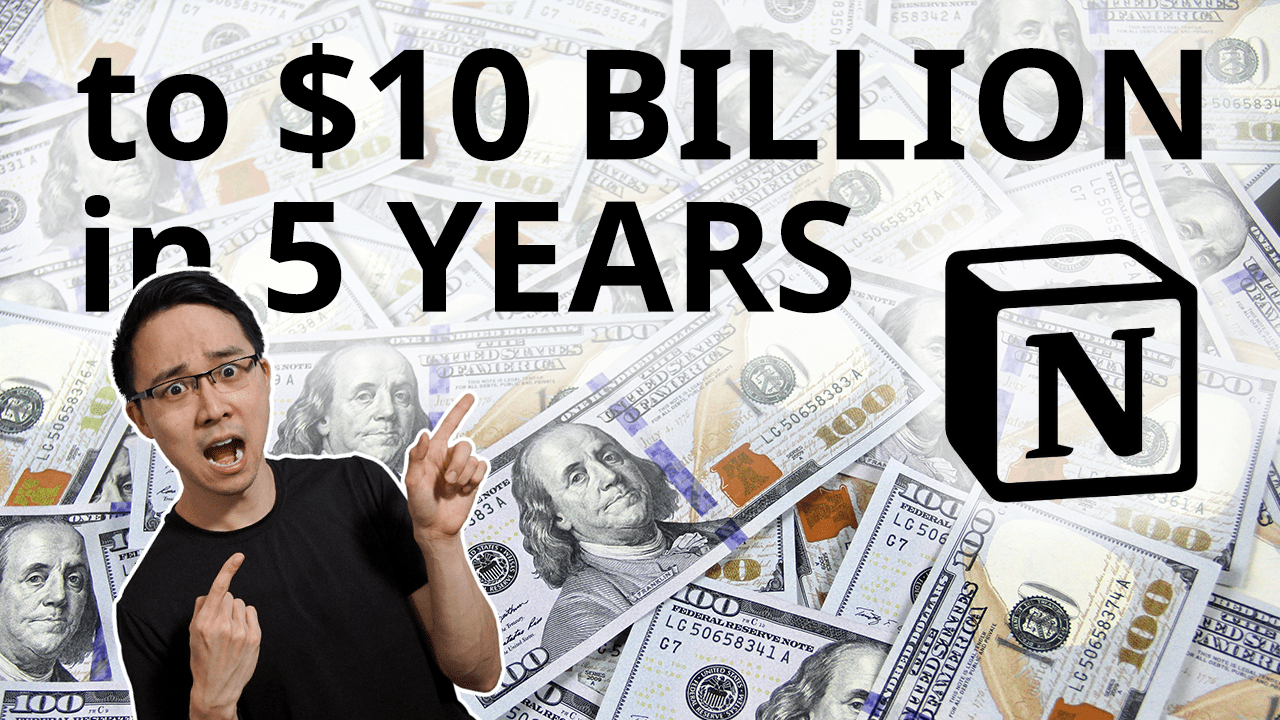Even though the tourism industry shut down for large portions of 2020, it taught Airbnb a massive lesson about the importance of their digital SEO moat. So in today’s video, I’m going to be sharing with you what Airbnb learned about their business during those lockdowns and exactly how they built up their digital moat today.
One of the things that Airbnb did about a year ago was they IPO. Going public brings with it, a lot of things, and one of those things is quarterly reports. And during one of those quarterly reports, their CEO revealed something that was incredibly insightful from an STO standpoint.
In fact, this article details it quite nicely and which it says “Airbnb slashes spend in permanent shift from performance marketing to brand.” So for those of you that don’t know what performance marketing is, it’s essentially when you pay for advertising. It’s when you’re spending a lot in terms of Google ads and other medium forms in terms of acquiring your next customer, but what Airbnb realized during this time period was that they could actually maintain a significant portion of their traffic just by organic means.
In fact, it’s so much so that they are quoted for saying that they generated 95% of the same online traffic as the year before. So this is something where Brian Chesky, the CEO of Airbnb said, “What the pandemic showed is we can take marketing down to zero and still have 95% of the same traffic as the year before, so we’re not going to forget that lesson.”
What this should tell you is that regardless of what people say, SEO can be a moat. Sure, there are algorithmic changes that will happen over time, however, if you are creating a large enough content base that is authoritative then it can serve your business really well.
In fact, what Airbnb had shared is that in 2019, they had increased their smarketing spend by $474 million, including 314 million in performance marketing and 160 million on brand marketing. Now that they realize they don’t have to spend that much on performance marketing, it really changes the game for where Airbnb can invest their cash.
AirBNB on SimilarWeb
furthermore, what you can see is that if you dig into Airbnb on SimilarWeb, they have 75 million visits every single month on average. And if you actually dig into their traffic sources, what you’ll see is that the bulk of their traffic is coming from direct and search, but search is a major function for their overall traffic – 28% in this situation. Furthermore, what you see is that when you dig into their search traffic, they get a ton of keyword phrases around branded terms.
But something we’re going to do in this video is we’re going to actually dig into Airbnb’s Ahrefs’ profile to see exactly what pages they’re ranking really well for that are both branded as well as not branded terms. As we work our way down, though, something you’ll see is that they don’t really spend all that much on display ads. And that makes sense, because they realize that they really don’t need to rely on performance marketing. So at this point, we know that Airbnb has a big SEO moat, but exactly how did they build this moat?
How did Airbnb build SEO moat?
Taking a look at Airbnb’s Ahrefs’profile, if we look at their organic search profile, you can see that their organic traffic has largely been pretty significant through the years. And even though their organic keywords have gone down recently in the latest month versus the prior year, what you will see is that they have actually increased the number of top three spots that they are ranking for.
Right here, you can see that it’s 205,203 #1-3 spots, whereas in the year before, so we were looking at 135,000 top three spots. And so we know that their strategy is working. And if we dig deeper into the pages, we might be able to better understand exactly what they’re doing. So taking a look at the top pages section, what we will see is that Airbnb has a ton of branded keyword phrases that they’re ranking for.
You can see here, it’s all Airbnb, Airbnb Los Angeles, Lake Tahoe, et cetera. However, something we can do is we can actually exclude Airbnb keywords from the results by doing this. And then what we can do is we can see how many of the 3.8 million keywords are related to other phrases. And in this case you can actually see still we get 3.6 million organic placements.
Now sure, there are some misspellings of Airbnb in here, but if you scroll past that, you’ll see some of the big phrases that they rank for. They rank for things like tree house rentals, which gets 15,000 organic searches every single month and they ranked number three for it. And that actually reminds me of something we can do is we can just sort by the top three positions to see exactly what sort of keywords Airbnb might be juicing here.
So in this situation, you see big bear cabins. They are number two here, and they have 64,000 monthly visits for that. So that’s a ton of estimated traffic from this particular phrase and they do this over and over again. And what you see, dolphin island rentals, big bear cabin rentals, vacation home rentals. These are all general phrases that relate to what they do in terms of providing lodging in different places that they rank for organically.
And so they are essentially getting all this free traffic from Google because they really fulfill the intent on these pages for people that are looking for these sorts of search terms.
If we open up the stays page, for example, we’ll see that this is a breakdown of Treehouse rentals on Airbnb. And something that you’ll notice is that as we search the page for treehouse, it comes up 85 different times. And so this is an optimized page for treehouses, but furthermore, there’s different pages that are similar in format to this that’s still follow that model of slash stays.
For example, in this situation, this URL is airbnb.com/stay/monthly. And essentially this is fulfilling the intent of monthly rentals. So people that are searching for month or the word monthly. In this situation, monthly rentals is coming up regularly. And this will probably use a situation where these are some headers. And so they’re signaling to Google that this is content around monthly rental.
What I want you to realize as we are going through these pages is that Airbnb is using user-generated content to create these pages, programmatically. These are essentially directory pages that are being consolidated by Airbnb. They’re taking the content for example, of these four hosts and essentially using that as feeder content to the master page of this monthly state page, and they do this approach over and over again.
In fact, if you were just to go back to this page here, you can see how they take this approach with different locations as well. Or this is Lake Tahoe, and essentially this page very much mirrors the monthly states page in which there is a target on cabin and house rentals in Lake Tahoe. So they’re really honing in on location-based SEO. And then they have all this detailed information where this was user-generated content that people created in order to pitch their own Airbnb listing.
So they’re using this sort of user-generated content in a really clever way because as opposed to having to create all this content themselves, they’re just relying on their users to create these different listings and then aggregating that together for them. This is one of the benefits of marketplace sites like Airbnb or Vrbo, because all of these users are trying to get people to be interested in their particular listing so they’ll spend a lot of time in it.
And from there, they’ll include a ton of different keyword phrases that happen to align really well with the search intent too. So you’ll see, they go into different types of Lake Tahoe stays and whatnot, and they also have detailed informational content around Lake Tahoe.
It’s not super detailed, but it still answers some of the common questions that people would have around Lake Tahoe stays. So they talked about things like how do I get around Lake Tahoe, when is the best time to stay in a vacation rental on Lake Tahoe. In fact, without knowing much about these particular search phrases, I bet you that people are searching for people also ask phrases around Lake Tahoe. And indeed you can see that.
In fact, you can see there’s things like top sights in Lake Tahoe, and then people ask what is there to do in Lake Tahoe, what can you do in Lake Tahoe for the day and so on. So this means that there are thousands of pages on their website in which they have essentially created a unique experience that fulfills the search intent of that particular location around different types of rentals.
This becomes a really powerful SEO moat for them and essentially accounts for a ton of that direct traffic that is not branded phrases. So from Airbnb, what you can learn is that if you can think about ways that you can programmatically create a series of pages, it can be really powerful for your business. And even more powerful is if you can think about ways that you can get your users to generate content, then you can create those compilation pages and package that content together in different clusters to signal your authority to Google.
If you liked this article, be sure to check out my YouTube channel to get new videos every single week. I’ll help take you from zero to self-starter as you grow your business, get more customers, and hone your business acumen. Also, feel free to share this with anybody that you think might benefit from learning how to build a keyword SEO moat for your business.

